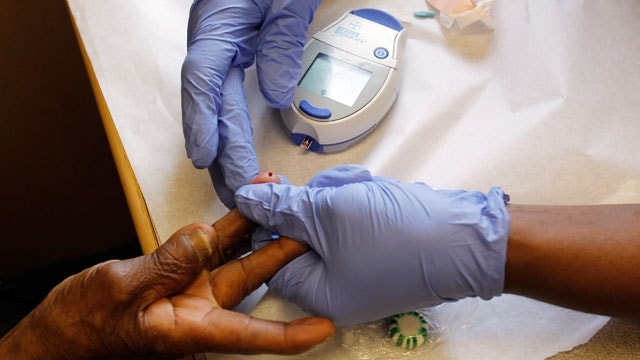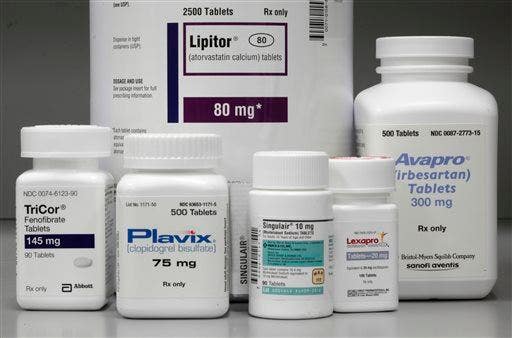Roche will stop development of a drug for treating diabetes partly due to its undesired side effects, marking a high-profile setback for the Swiss company outside its cancer drug comfort zone.
The diabetes treatment – aleglitazar – belongs to a class of drugs that rival pharmaceutical firms had already pulled back from, raising the question of why Roche had pressed on with what analysts had seen as a risky bet.
Patients in a late-stage trial of the drug suffered side effects affecting organs such as their kidneys and hearts, a spokesman for the Basel-based drugmaker said, adding Roche could not yet quantify the financial impact of the move.
Roche said in a statement on Wednesday it was working to support patients on the drug to move to other therapies.
AstraZeneca had scrapped development of a similar class of drug in 2006, the same year as Bristol-Myers Squibb ended development of another after regulatory setbacks.
Analysts at Kepler Chevreux said the consensus view for peak sales of the drug had only been 200 million francs.
“In hindsight it seemed odd how Roche put so many resources into a compound whose mechanism – given experience with at least 3 other drugs in the class – was at best questionable,” they wrote in a note.
Roche shares were down 0.3 percent at 0749 GMT (3.49 a.m. EDT) , compared to a 0.2 percent rise in the European healthcare index.
“The fact is, Roche isn’t particularly good in metabolic and cardiovascular drugs and should exit its research in these areas,” Zuercher Kantonalbank analyst Michael Nawrath said.
Bank Vontobel, which had forecast 2 billion Swiss francs ($2.05 billion) in peak sales from aleglitazar, pruned its price target for Roche to 263 francs from 270 francs after the setback, but confirmed its “buy” rating.
As it went into the 7,000-patient late-stage study of aleglitazar, Roche took steps to reduce the possibility that its product might have the same problems as other medicines in the class. It particular, it conducted a renal safety study to ensure its product was free of the kidney problems that undermined AstraZeneca’s.
Drugs like aleglitazar are designed to turn on two protein receptors known as PPARs, one that regulates glucose and another lipids. These dual PPAR drugs have long fascinated researchers as a potential way to help diabetics address multiple targets linked to heart disease.
The news is also a new blow for Roche’s Basel research operations, known as pRED, which have languished in the shadow of the work done at Genentech acquired in 2009, whose labs cooked up Roche’s four top-selling medicines in 2011.
“The news just raises more fundamental questions about the productivity of pRED,” Kepler Chevreux analysts wrote.
Last year, Roche scrapped development of pRED’s dalcetrapib – a medicine aimed at boosting levels of “good” high-density cholesterol – which some industry analysts had estimated could have achieved $10 billion in annual sales.








Leave a Reply